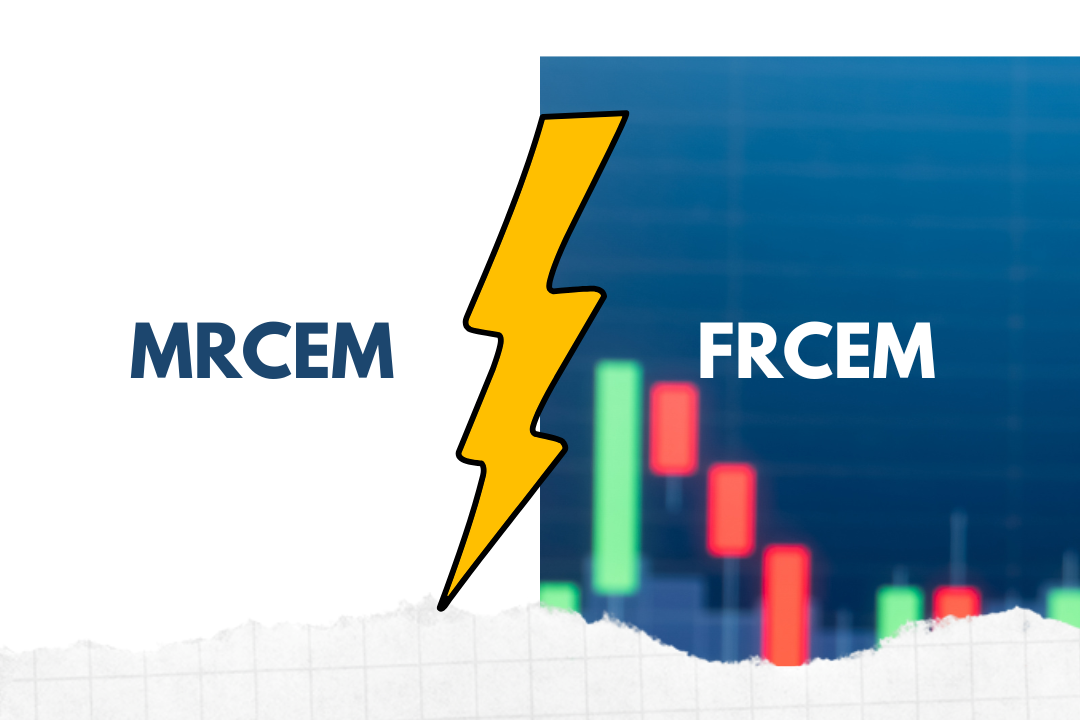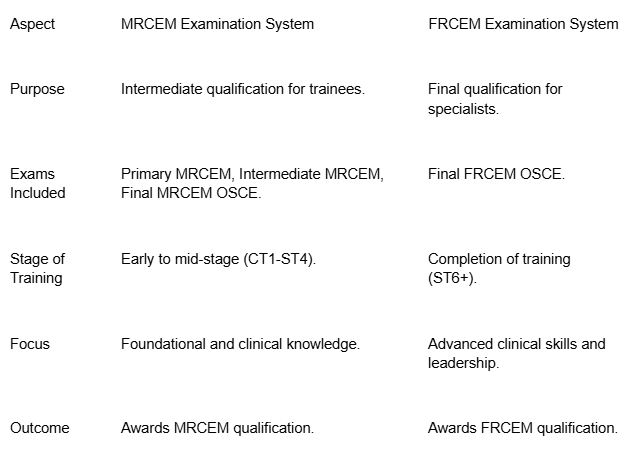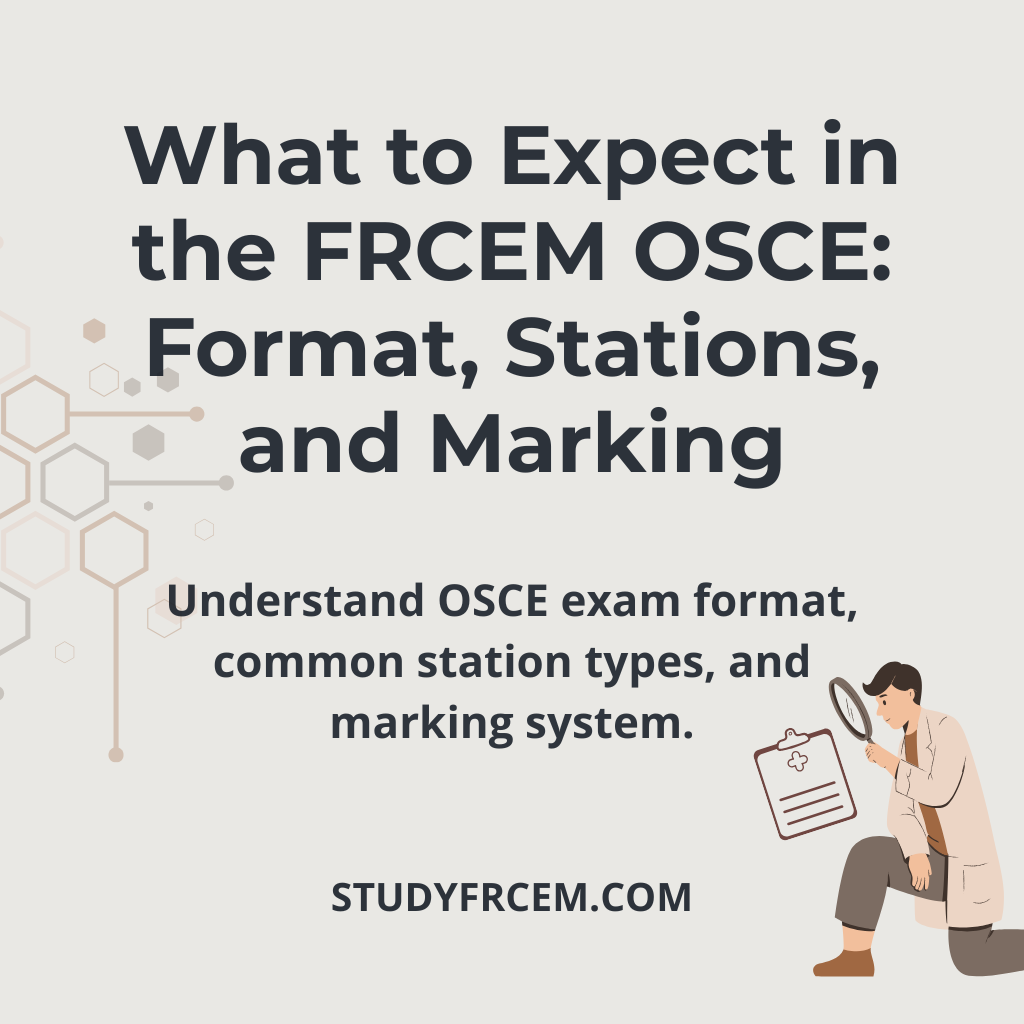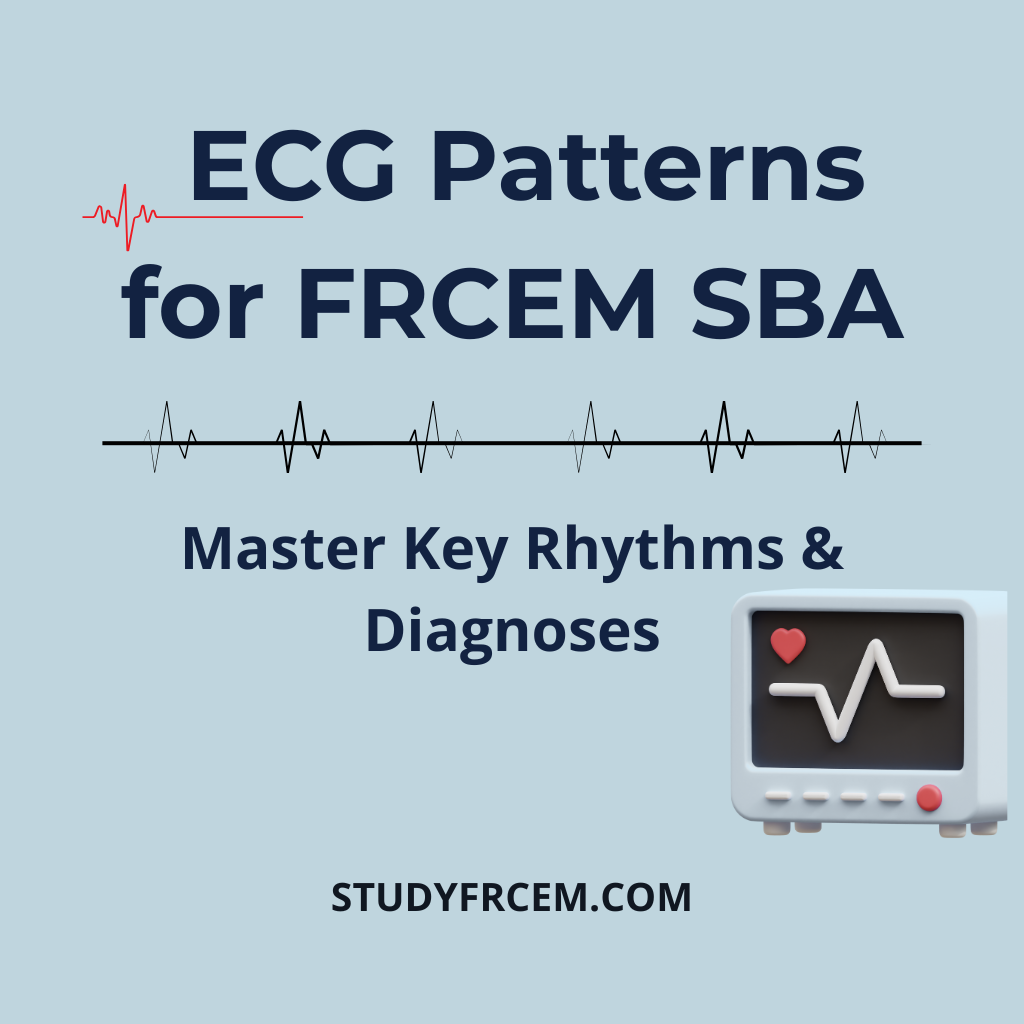If you're training to become an Emergency Medicine specialist in the UK, you’ll encounter the MRCEM and FRCEM examination systems. These exams are administered by the Royal College of Emergency Medicine (RCEM) and are essential milestones in your career progression. However, the terms can be confusing, especially since both are part of the same overall pathway.
What is the MRCEM Examination System?
The Membership of the Royal College of Emergency Medicine (MRCEM) serves as an intermediate qualification for physicians undergoing training in Emergency Medicine. The MRCEM examination framework comprises a sequence of assessments designed to evaluate your knowledge, clinical competencies, and decision-making skills throughout different phases of your training.
Primary MRCEM
Objective: Evaluates your comprehension of fundamental sciences pertinent to Emergency Medicine. Subjects: Anatomy, physiology, pharmacology, microbiology, and pathology.
Structure: Multiple-choice questions (MCQs).
Timing: Generally undertaken during Core Training (CT1-CT2) or the initial phase of Specialty Training (ST1-ST2).
MRCEM SBA
Objective: Measures your clinical knowledge and its practical application within Emergency Medicine.
Subjects: Clinical areas including resuscitation, trauma, paediatrics, and toxicology.
Structure: Single Best Answer (SBA) questions.
Timing: Commonly taken during Specialty Training (ST2-ST3).
MRCEM OSCE
Objective: Assesses your practical clinical abilities, communication skills, and decision-making in simulated environments.
Subjects: Clinical stations that encompass a broad spectrum of Emergency Medicine scenarios
Structure: Objective Structured Clinical Examination (OSCE).
Timing: Administered during the middle stage of Specialty Training (ST3).
Key Features of the MRCEM Examination System
Progressive: The exams build on your knowledge and skills.
Mandatory for Progression: Passing all three exams is required for MRCEM qualification.
Focus on Training: Designed for doctors still in training.
What is the FRCEM Examination System?
FRCEM (Fellowship of the Royal College of Emergency Medicine) is the highest qualification awarded by the RCEM. It signifies that you have completed your specialist training and are ready to practice as a consultant. The FRCEM examination system is essentially the final step in the MRCEM pathway.
FRCEM SBA
Objective: This examination represents the final challenge in the Emergency Medicine training pathway, essential for obtaining the FRCEM qualification.
Subjects: Leadership and management of the department and difficult scenarios, as well as clinical areas, including resuscitation, trauma, paediatrics, and toxicology.
Structure: Single Best Answer (SBA) questions.
Timing: End of specialty training ST5-ST6
FRCEM OSCE
Objective: This examination represents the final challenge in the Emergency Medicine training pathway, essential for obtaining the FRCEM qualification.
Subject Matter: It encompasses advanced clinical competencies, critical decision-making, and leadership skills pertinent to Emergency Medicine.
Structure: The examination is conducted in the format of an Objective Structured Clinical Examination (OSCE).
Timing: Candidates are required to take this examination upon the completion of all preceding MRCEM assessments and as they approach the conclusion of their Specialty Training (ST6).
Key Features of the FRCEM Examination System
Final Qualification: Awards the FRCEM qualification, marking you as a fully trained specialist.
Consultant-Level: Required for consultant roles in Emergency Medicine.
Completion of Training: Marks the end of formal training.
Key Differences Between the MRCEM and FRCEM Examination Systems
How Do the MRCEM and FRCEM Examination Systems Fit Together?
The MRCEM and FRCEM examination frameworks are components of a comprehensive pathway. The process begins with the Primary MRCEM, which is based on basic scientific concepts. This is followed by the MRCEM SBA, which tests clinical expertise. The Final MRCEM OSCE serves as the last assessment in the MRCEM series, focusing on practical skills and critical decision-making.
Subsequently, the Final FRCEM SBA and OSCEs are taken after the MRCEM has been completed and as one approaches the final stages of Specialty Training. The MRCEM examination system is the journey, and the FRCEM qualification is the destination.
Why Are These Exams Important?
Career Progression
- MRCEM exams are required for progressing in Emergency Medicine training.
- FRCEM qualification is required for consultant roles.
Professional Recognition
- Both MRCEM and FRCEM are recognised by the RCEM and the General Medical Council (GMC).
- Demonstrates expertise and commitment to Emergency Medicine.
Global Opportunities
These qualifications are respected internationally, opening doors to career opportunities worldwide.
Conclusion
The MRCEM and FRCEM examination systems are integral to your journey as an Emergency Medicine specialist in the UK. While MRCEM exams assess your foundational and clinical knowledge, the FRCEM qualification marks your readiness to practice as a consultant. Understanding these exams will help you plan your career effectively.
Need Help?
- Contact us
- Try our quiz demo
- Register for exams
- Visit our website
Whether you're just starting with the Primary MRCEM or preparing for the Final FRCEM OSCE, each step brings you closer to becoming a skilled Emergency Medicine specialist.







